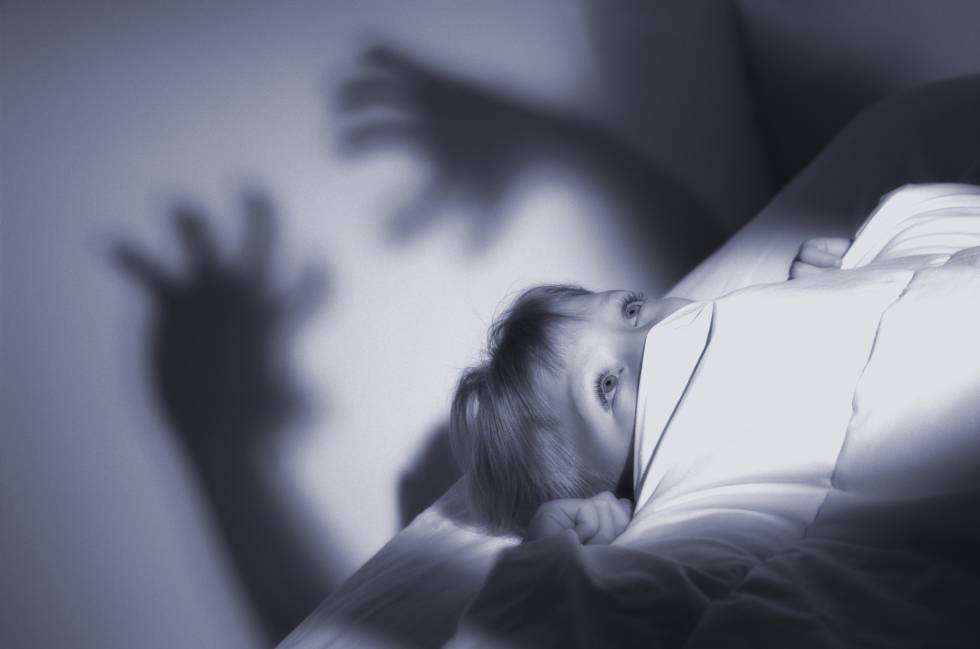Table of Contents

When we are little kids and are feeling scared of the bogeyman in the closet or under the bed, we pull the bedcovers over our heads in an attempt to protect ourselves from the perceived threat. Somehow, our immature brains reason, if we cannot see the bogeyman then he cannot see us.
This same flawed reasoning is one of the reasons behind the New Zealand Media banding together to censor the court case of the real-life bogeyman Brenton Tarrant. The public are being treated like young children. Ignorance apparently is bliss, and keeping the public ignorant will protect them the same way a sheet over the head will ‘protect’ a terrified child.
quote.It might feel indecent to cover white supremacists. But you can’t prevent what you won’t let yourself see.
New Zealanders needn’t worry about their government censoring the press. On Wednesday, five of the country’s major news outlets proved themselves only too happy to censor themselves.
[…] the news organizations vow to limit coverage of statements “that actively champion white supremacist or terrorist ideology,” avoid quoting the accused killer’s “manifesto,” and suppress any “message, imagery, symbols” or hand signs like a Nazi salute made by the accused or his supporters in support of white supremacy. “Where the inclusion of such signals in any images is unavoidable, the relevant parts of the image shall be pixelated,” the guidelines add.
The protocol marks a first for New Zealand media, which has traditionally followed the robust free-speech traditions of such other former British colonies as the United States, Canada, and Australia.
At one level, their promise to self-censor is consistent with the nation’s paternalistic opposition to free speech. After the attack, New Zealand Chief Censor David Shanks […]
banned the Christchurch killer’s manifesto under the Films, Videos & Publications Classification Act, making it illegal to possess or share. A 22-year-old man was charged under the act in March and faces 14 years in prison.
But none of those rules constrained the media coverage of Tarrant or the movements that fueled his anger.
[…] we can assume that the editors trust themselves to avoid sensationalistic reporting of the Tarrant story, but they don’t trust their competitors to do the same—hence the desire for a press cartel to reduce journalistic competition to the absolute basics.
But self-protection is only one motivation at play here. The Kiwi editors don’t appear to trust their readers and viewers to handle the difficult and disturbing material
[…]They regard New Zealanders as children who must be sheltered from the heinous and despicable lest they become tainted with its influence. That’s essentially the position New Zealand Chief Censor Shanks took when he banned the manifesto in March, saying that documents like it were aimed at a “vulnerable and susceptible” audience and designed to incite them to perform similar crimes.[…]
Both New Zealand’s chief censor and its leading news outlets seem to think that expressions of white supremacism are as irresistible to the general population as an open bag of potato chips.
This kind of thinking is normally seen in an authoritarian state, where “dangerous” ideas are officially cloaked from view by leaders worried about the threat to their own power. But in a free society, people have a right to know about those who have murderous designs on them. Once a Nazi has marked you for death, averting your eyes isn’t going to save you.end quote.
[…] The pact might create a precedent the government will exploit every time it wants to stifle news coverage in the name of public safety.
Worst of all, the pact has given New Zealand’s news consumers every right to think that the press can’t be trusted to tell the whole story because a misguided notion of “safety” comes first.
We all know what happens if you tell someone that they are not allowed to view or know about something. The normal human reaction is to become even more curious about it and to look for the information elsewhere. Where will people go to get their information if the mainstream media will not provide it?





